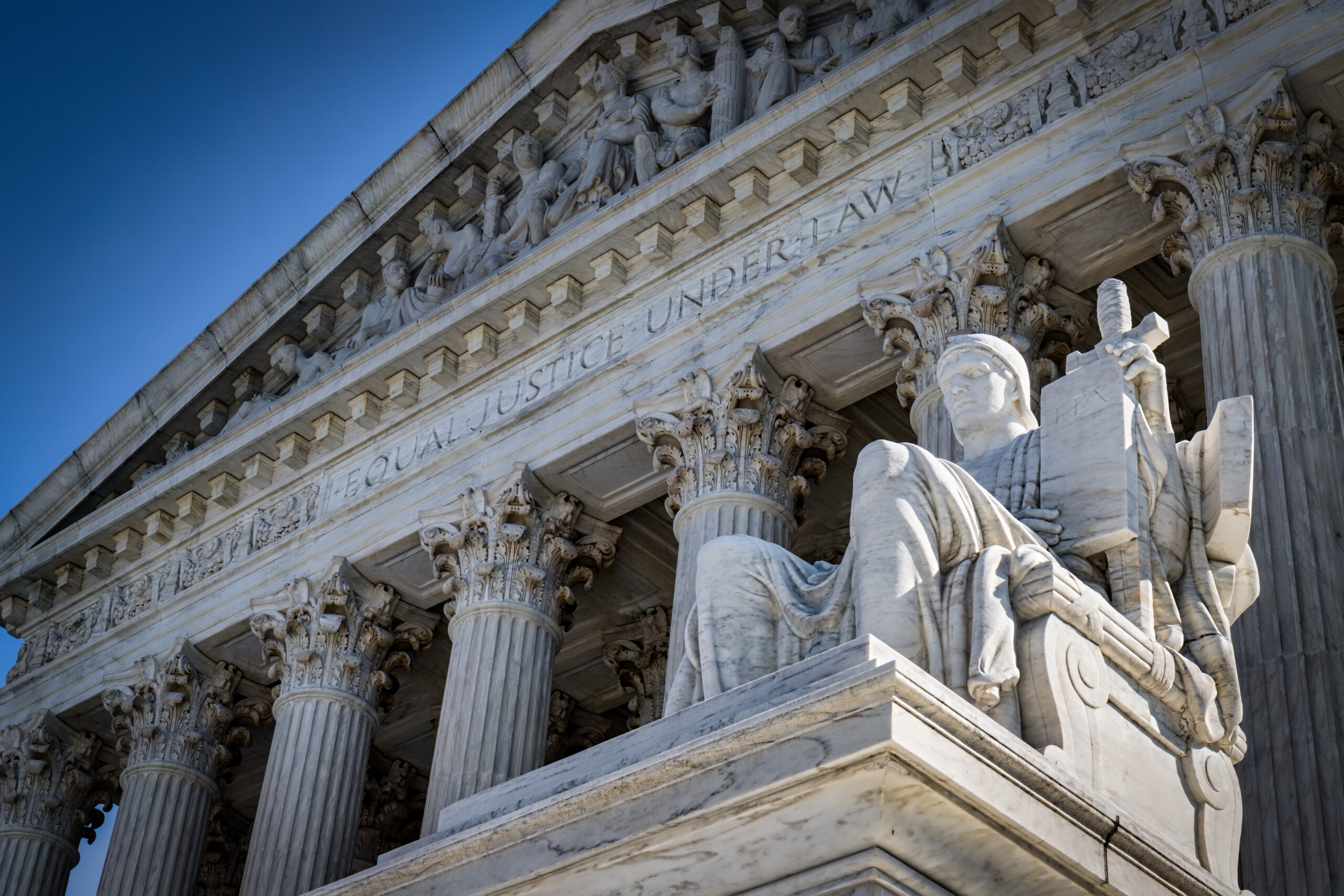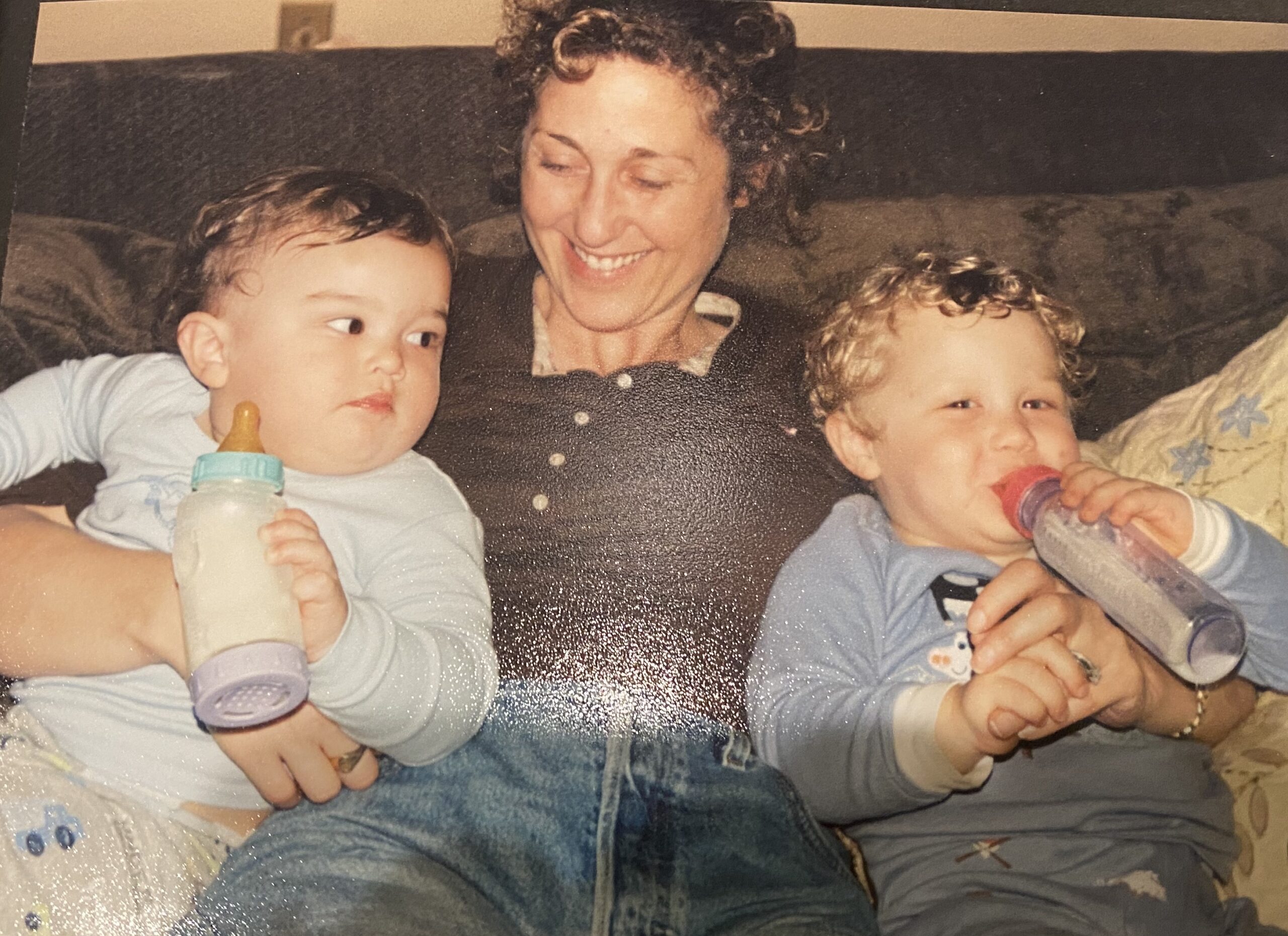“Let-them-eat-cake obliviousness” is how Justice Katanji Brown Jackson described her U.S. Supreme Court colleagues as the Court struck down affirmative action in University admissions – blocking decades of effort to increase opportunities, representation, and upward mobility for historically underrepresented students.
Similar to her patience and poise during her confirmation hearings, Justice Jackson was being polite. Her colleagues are not exhibiting a “let them eat cake obliviousness.” They are not oblivious. They are executing a strategy to fight the changing social values where historically underrepresented communities are achieving opportunities and representation that did not exist 30 years ago. The U.S. Supreme Court and about half of our nationally elected officials are fighting the possibility of a multi-racial, multi-cultural society. They do not want to provide equal access or opportunity. They want to revert back to an American fueled by a predominantly white and wealthy perspective.
In the last days of their 2023 term, The Supreme Court issued three rulings bulldozing decades of work securing access and opportunities for underrepresented people. The first opinion struck down affirmative action in university admissions, which has been increasing representation and opportunities for black and brown students for decades. We are now seeing the results of that work as we see more representation in our courts, legislatures, and corporate executives. As discussed in a companion blog post, this ruling will have far-flung consequences on our universities, corporations, and society. The Court followed that decision with a decision to strike down President Biden’s student debt relief program and a truly outlandish decision that says a person’s first amendment rights allow them to discriminate against LGBT people.
College costs have skyrocketed in the last 30 years. In California, poor students used to be able to get through four years of a UC education through the Pell Grant, Cal Grant, and getting a part-time job. That’s how
I got through UC Berkeley. But college costs have increased exponentially, and now you need to supplement grants with loans at high-interest rates to get through four years of college. And let’s face it; a college degree does not guarantee a good-paying job after graduation, which is why many poor students are increasingly opting out of going to college. We are turning into a society of haves and have-nots, with less upward mobility and opportunities than we’ve experienced in my lifetime.
And the hostility towards the LGBTQIA+ community is so intense that it triggered the Court to hold that someone’s first amendment right allows them to discriminate against someone’s protected characteristic. That is antithetical to EEO laws.
The privileged few are fighting against the changing social values that benefit the vast majority of our population. As we celebrate America’s birthday this week, it’s time for our multi-racial, multi-cultural population to keep pushing us all forward and to increase the equity, representation, and opportunities for all of us.








